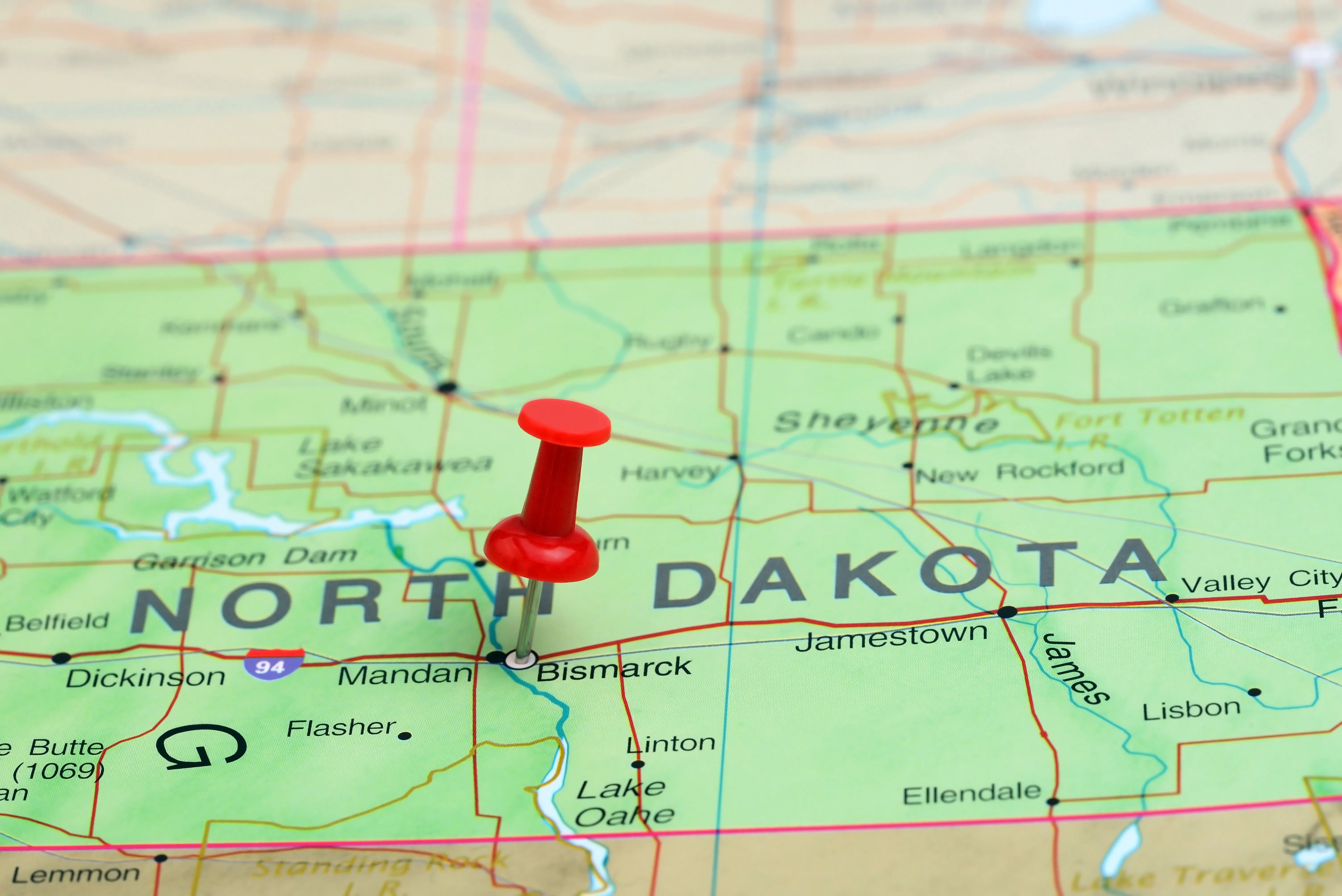
Daily Audio Newscast - June 20, 2025
© AlexLMX - iStock-823000260
Six minutes of news from around the nation.
Trump's new two-week negotiating window sets off scramble to restart stalled Iran talks; Public lands supporters to rally during Santa Fe governors' meeting; ASU launches initiative to build 'stronger news ecosystem'; 'Dr. Beetle': Local biology teacher uses art to pique curiosity about bugs.
Transcript
The Public News Service doing newscast June the 20th, 2025.
I'm Mike Clifford.
President Trump's sudden announcement that he could take up to two weeks to decide whether to plunge the U.S. into the heart of the Israel-Iran conflict is being advertised by the White House as giving diplomacy one more chance to work.
But it also opens up a host of new military and covert operations.
That from an analysis by the New York Times.
They note, assuming he makes full use of it, Trump will now have time to determine whether six days of relentless bombing and killing by Israeli forces that has changed minds in Tehran.
And as Hurricane Eric made landfall early Thursday on the Pacific coast of Mexico as a major Category 3 storm, local officials reported flooding and landslides in its wake.
That from NBC News.
Eric rapidly intensified from a Cat 1 hurricane yesterday to an extremely dangerous Category 4 with sustained winds of 146 miles an hour before being downgraded.
And supporters of public lands will gather in Santa Fe next week to oppose pending legislation that would sell off millions of acres in 11 western states, including New Mexico.
The Monday afternoon rally is scheduled during this year's Western Governors Association annual meeting.
The event includes U.S. Interior Secretary Doug Burgum, who backs the legislation, while New Mexico's entire congressional delegation opposes the land sale provision.
Kate Gretzinger is with the Center for Western Priorities.
As written, the bill would put over 100 million acres of public land up for sale and it would actually mandate the sale of at least 2 million acres.
Data from the Wilderness Society show more than 250 million acres could qualify for sale, roughly equivalent to the land mass of California, New York and Texas combined.
I'm Roz Brown.
The Interior Department is also considering reversing protections for more than 300,000 acres surrounding New Mexico's historic Chaco Canyon.
Next, journalism and the way people consume news is changing and Arizona State University will soon launch an initiative it claims will build a stronger, more trusted and financially stable news ecosystem.
The Knight Center for the Future of News will be housed within the Walter Cronkite School of Journalism and Mass Communication, set to open July 1st.
The school's dean, Bettine Tobatz, says the Knight Center will be made up of three labs to address declining public trust in news, explore new revenue models for news organizations and experiment with new forms of storytelling.
And he says an information hub will gather insights and promote best practices across the industry.
So we have all those things going on at the same time.
And so the Knight Center for the Future of News looks to embrace those disruptions and say, okay, how do we embrace those disruptions that are going on and then find a path forward?
We're seeking to be engineers.
He says the Knight Center will bring together educators, researchers, students, working journalists and newsrooms.
I'm Alex Gonzalez reporting.
This is Public News Service.
Critics of Congress's budget reconciliation bill warn taking away energy tax credits could impact job prospects and pocketbooks for folks in states like North Carolina.
The House has already passed a version of the bill repealing the tax credits for clean energy projects and the Senate version similarly strips them.
Passed under the Inflation Reduction Act, the clean energy bill from 2022 has already added 400,000 jobs.
Chris Carnevale with the Southern Alliance for Clean Energy says the tax credits lower cost to produce energy.
It's not just the taxpayer who claims the tax credit on their return that gets the financial benefit of the credits.
The clean energy credits actually lower electricity costs for every American.
The Senate version of the budget reconciliation bill could increase average spending on household energy in North Carolina by more than $290 per year by 2030, according to a report from the think tank Energy Innovation.
Carnevale says the bill could also make it harder to meet growing electricity demands.
Republicans in Congress who support the cuts say they're saving the country money.
I'm Eric Tegethoff reporting.
And this week, Tennessee has joined two dozen other states in banning gender affirming medical care for young people who are transgender.
The U.S. Supreme Court upheld Tennessee's ban in a 6-3 decision.
Detractors see it as a form of discrimination.
Chase Strangio with the ACLU says a high court opinion will leave families across the country scrambling to maintain health care.
Strangio says some young people who are losing access to treatment are doing everything they can to continue care approved by doctors and parents.
The most immediate effect is on our clients and other young transgender people in Tennessee and across the country who need medical care that the government has stepped in to ban.
And for them, we are devastated and we know that we will continue fighting so that government discrimination against transgender people will end.
Chief Justice John Roberts said the court found Tennessee's ban on gender affirming care for minors does not violate the 14th Amendment's Equal Protection Clause.
I'm Danielle Smith.
And finally, a biology professor nicknamed Dr. Beadle is using art to spark students' curiosity about the world of insects.
From hand-knitted vests decorated with Salt Creek tiger beetles to cocoon-style coats that commemorate the 2024 double cicada emergence, Dr. Tierney Brocious has a growing collection and reputation as the entomological fashion maven.
While she describes her insect-themed needle craft as a bit of a granny hobby, she says the artistic outlet serves as an organic way to encourage conversation about science and bugs.
You always knew a tiger was cool, that they were beautiful, and there was never any question.
But even like a drain fly, like the silliest little thing, but if you really get up close and look at them, they're like little teddy bears with wheat.
I'm Judith Ruiz Branch reporting.
This is Mike Clifford for Public News Service.
Member and listener supported.
Find our trust indicators at publicnewsservice.org.
















